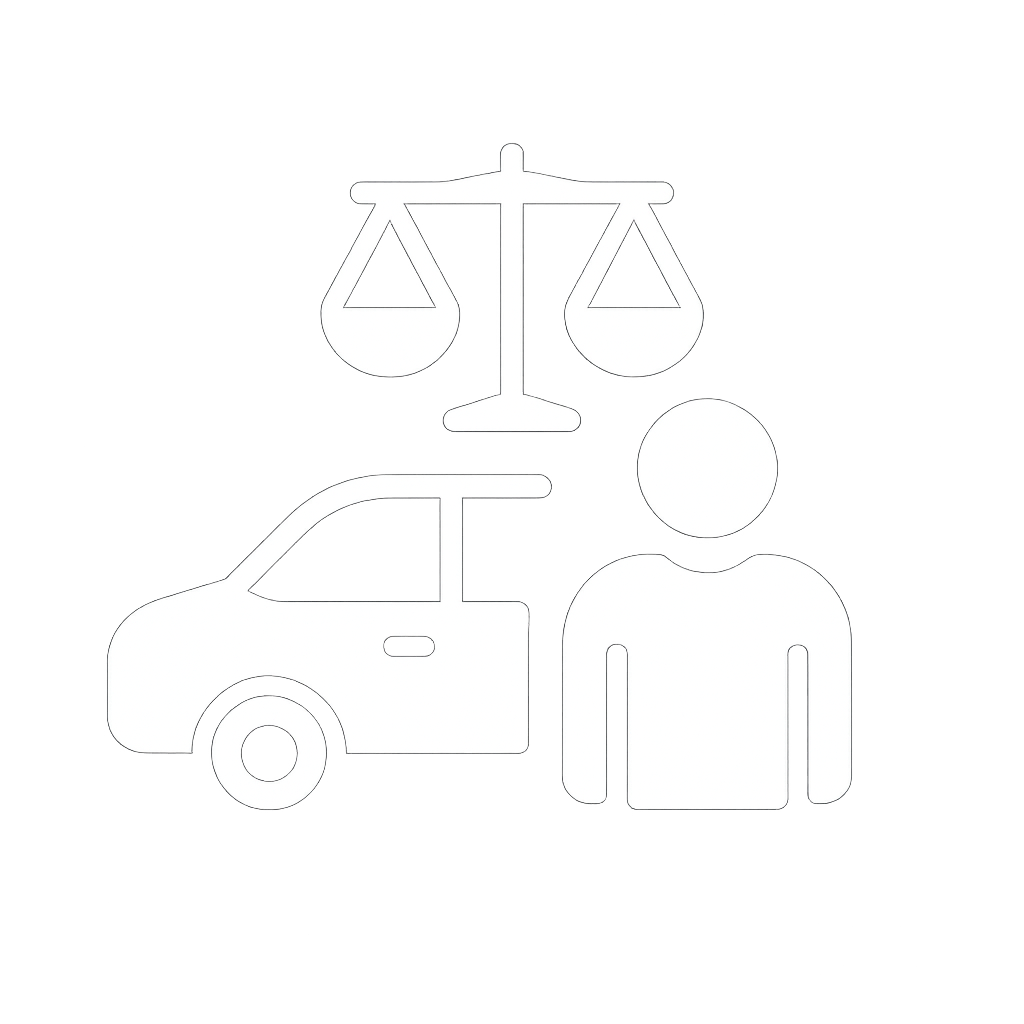Whiplash is one of the most common injuries after a car accident, yet many people underestimate its seriousness. While some victims recover in weeks, others suffer long-term pain, mobility issues, and financial struggles due to missed work and medical bills. Understanding whiplash, its symptoms, and your legal options can help you protect your health and your rights.
What Is Whiplash?
Whiplash occurs when the neck is suddenly forced back and forth, often during rear-end collisions. This rapid motion strains muscles, ligaments, and soft tissues in the neck and upper spine. Even low-speed crashes can cause significant damage, making it important to seek medical care right away.
Symptoms of Whiplash
Not all symptoms appear immediately. In fact, signs of whiplash may take hours or even days to develop. Common symptoms include:
- Neck pain and stiffness.
- Headaches, often starting at the base of the skull.
- Dizziness or blurred vision.
- Pain in the shoulders, arms, or back.
- Difficulty concentrating or memory problems.
Because symptoms can worsen over time, early diagnosis and treatment are crucial.
Why Whiplash Injuries Can Be Complicated
Insurance companies sometimes dismiss whiplash as a “minor” injury, offering low settlements or denying claims altogether. However, untreated whiplash can lead to chronic pain, nerve damage, and reduced quality of life. Proving the seriousness of the injury often requires medical records, expert opinions, and legal support.
Legal Options After a Whiplash Injury
If you suffered whiplash in a crash caused by another driver, you may be entitled to compensation for:
- Medical expenses (treatment, therapy, medication).
- Lost wages if you are unable to work.
- Pain and suffering for physical and emotional stress.
- Future medical care, if symptoms persist.
A whiplash injury lawyer can build a strong case by collecting medical evidence, consulting experts, and negotiating with insurers on your behalf.
How a Lawyer Can Help
Legal support ensures that victims are treated fairly during the claims process. A lawyer can:
- Document the injury thoroughly.
- Prove the connection between the accident and the whiplash.
- Challenge attempts to minimize your claim.
- Pursue full compensation through settlement or trial if necessary.
Conclusion
Whiplash may seem like a minor injury, but its effects can be long-lasting and costly. If you experience symptoms after a crash, seek medical help immediately and consider speaking with a whiplash injury lawyer. With professional legal guidance, you can protect your rights, prove the seriousness of your injury, and secure the compensation needed for recovery.

